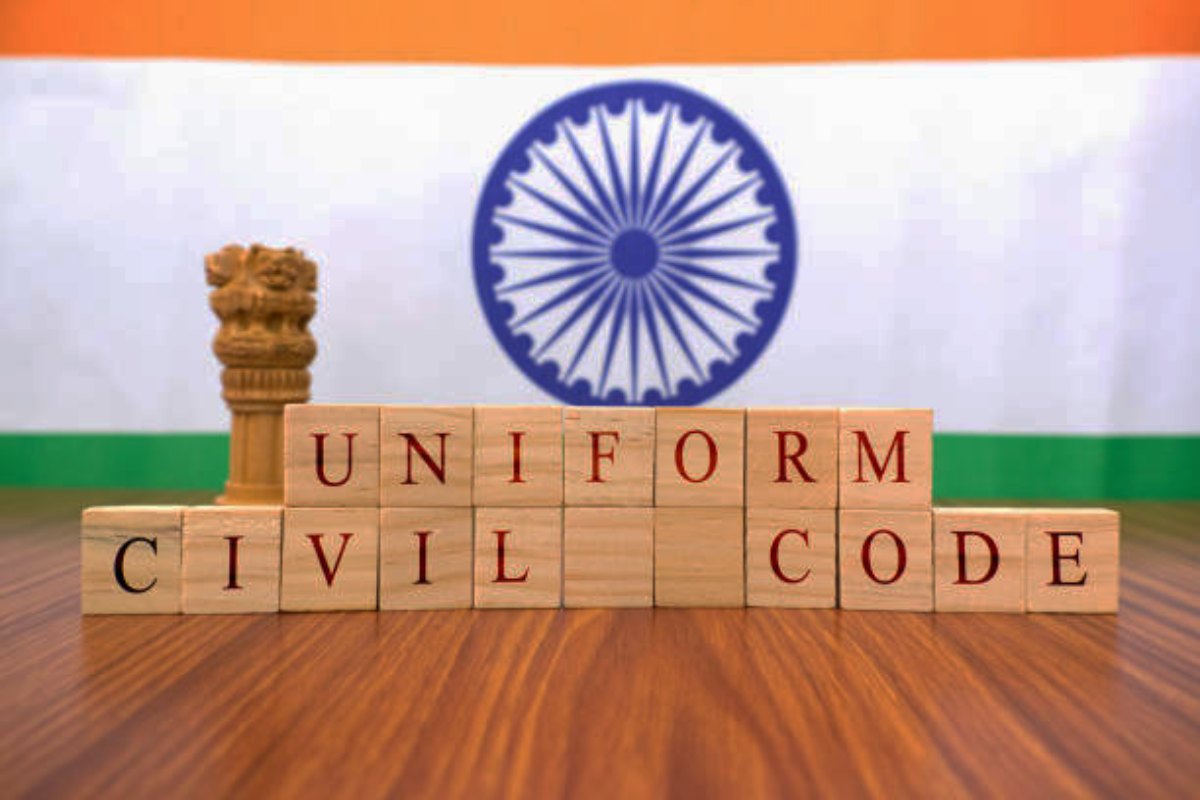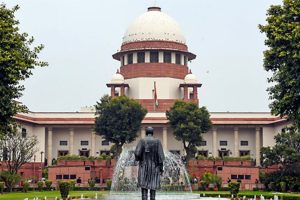The parliamentary debate on the Indian Constitution has reignited critical discussions about the country’s foundational values, its historical trajectory, and its future direction. Two distinct narratives have emerged during this debate: one that champions a singular civil framework and another that warns of regressive tendencies cloaked in modern rhetoric. The Uniform Civil Code (UCC) has taken centre stage, reflecting a broader ideological contest over India’s identity and governance. The UCC, often presented as a beacon of secularism and equality, aims to replace personal laws based on religion with a common set of civil laws.
Proponents, including the Prime Minister, argue that it embodies the constitutional commitment to unity and modernity. They cite constitutional framers like Dr. B.R. Ambedkar and K.M. Munshi, who envisioned a UCC as a means to forge a unified legal framework transcending religious divides. Supporters claim that implementing a UCC will ensure gender equality, social justice, and national cohesion. However, the UCC’s detractors raise valid concerns. They emphasise the pluralistic essence of India’s Constitution, which respects diversity while aspiring for unity. Critics argue that a homogenised civil code could undermine the cultural and religious identities of various communities.
Advertisement
The Opposition has further highlighted the tension between progressive constitutional ideals and a perceived regression to conservative, exclusionary philosophies. References to figures like V.D. Savarkar and texts like the Manusmriti have been used to underscore these contradictions, accusing the government of selectively championing constitutional values. The debate also reflects deeper political and social fissures. The Opposition’s push for a caste census and removal of the 50 per cent reservation cap highlights the need to address systemic inequalities.
These measures, they argue, align with the Constitution’s vision of empowering marginalised communities. On the other hand, the government’s emphasis on welfare schemes and policies like “One Nation, One Ration Card” seeks to project an inclusive developmental agenda, yet critics point to issues like favouritism and institutional reforms that disproportionately affect disadvantaged groups. The larger question remains: can a UCC truly harmonise India’s diversity without exacerbating societal tensions? A pragmatic approach would involve transparent dialogue, taking into account the views of all stakeholders, especially minority groups.
It requires careful balancing ~ promoting equality while respecting the constitutional promise of religious and cultural freedom. The discourse on the Constitution is not merely an academic exercise; it is a reflection of India’s on-going struggle to reconcile its pluralistic ethos with aspirations for modernity and unity. While the UCC may be framed as a progressive step, its implementation must be approached with sensitivity and inclusivity. The risk of deepening divides in an already polarised society is real. The task before lawmakers is daunting: to ensure that constitutional values are not only upheld but also interpreted in a manner that strengthens India’s unity in diversity.











